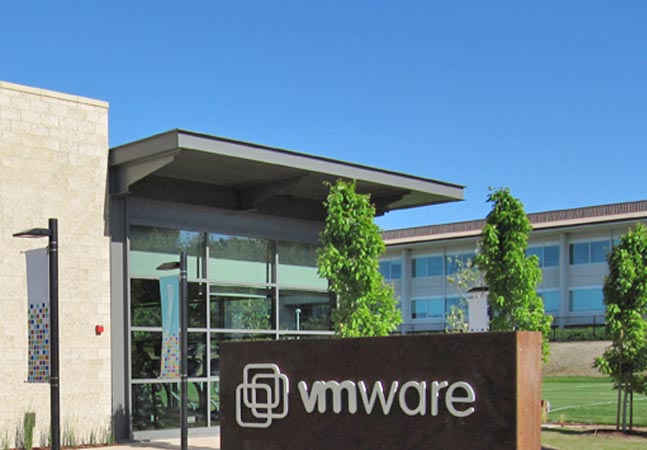
Two new survey-based reports from a cloud giant and a research firm each list trends for Data and AI/analytics in 2024, finding some commonalities such as the democratization of AI, the need for data literacy and more.

So what is possible with small language models, and when should an organization go big or small?

In Meta's recent quarterly earnings reports, CEO Mark Zuckerberg addressed the company's huge investments into the technologies while only mentioning the metaverse in the context of AI. Meta.ai answers your questions about what's going on.

Cloud giants continue to up their AI games, with brand-new developments including a tiny language model suitable for a phone from Microsoft, while Amazon's Bedrock AI service now sports Meta's Llama 3 models and much more.

Broadcom is still dealing with widespread backlash over changes -- many affecting licensing -- made to VMware products after its acquisition of that company, but some critics and users met recent announcements with skepticism and derision.

Like many other industry sectors, healthcare execs see advanced AI as kind of a double-edged sword, being a top priority while also a significant challenge.

Reported high performance of the open model is rare, as the generative AI space has been dominated by proprietary models that typically outperform open-source models,

A new AI/data platform stemming from open source champion Linux Foundation has been launched, yet another effort to "democratize" AI tech.

Qdrant is packaging its open-source vector database tech into its new Hybrid Cloud, a managed service deployable into any environment -- cloud, on-premises or edge -- to boost enterprise AI initiatives.

A new AI report reveals closed-source foundation models outperform their open-source counterparts by a significant margin, thanks to training that can cost up to an estimated $191 million.

The brand-new coding assistant from Google compares nicely with GitHub Copilot. Here's how to get started.

Google Cloud announced a new AI-powered coding assistant to challenge Microsoft's original "AI pair programmer," GitHub Copilot.

A new report on the state of AI and security indicates security pros express "cautious optimism" about AI helping them out, while not being too concerned about being replaced by said AI.

Study "found that nearly every organization experiences challenges when implementing artificial intelligence (AI), with the top challenge being issues with data quality."

The process of setting up a logon notification is more involved than what you might reasonably expect, but Brien shows the way.

After a series of articles on the enterprise-grade Tailscale VPN whose free version suits his needs just fine, Tom demonstrate his quick-and-easy process of utilizing the VPN on a home network-attached storage setup.

Cloud security specialist Zscaler says enterprises must both securely enable AI productivity tools and also leverage AI to defend against new AI-driven threats.

Tom continues to be impressed by Tailscale, which saved his skiiing trip when a co-worker urgently needed some files from his home server.

After using the private preview of Exposure Management for some months, Paul outlines what it does, why you should care and raises some still unanswered questions.
- By Paul Schnackenburg
- 03/25/2024

Tom and a friend come up with an exciting proposition: Could the Moonstone NUC replace one of the Dell R630 servers in his lab rack?